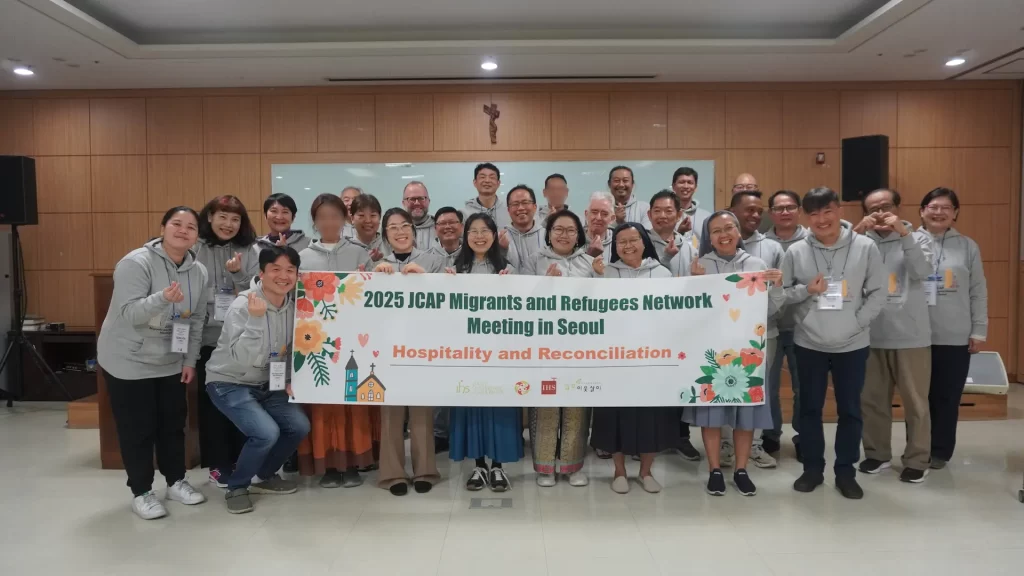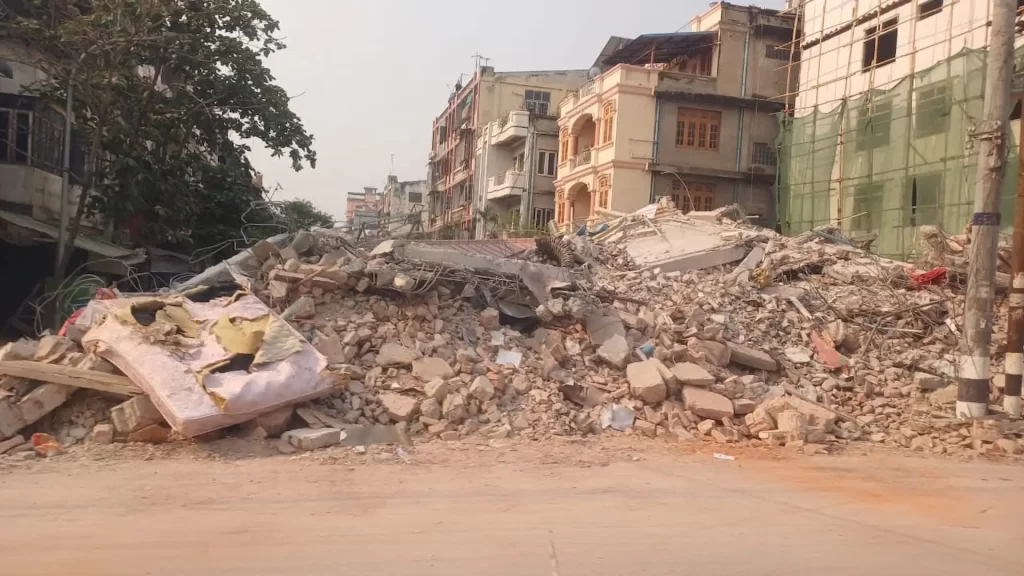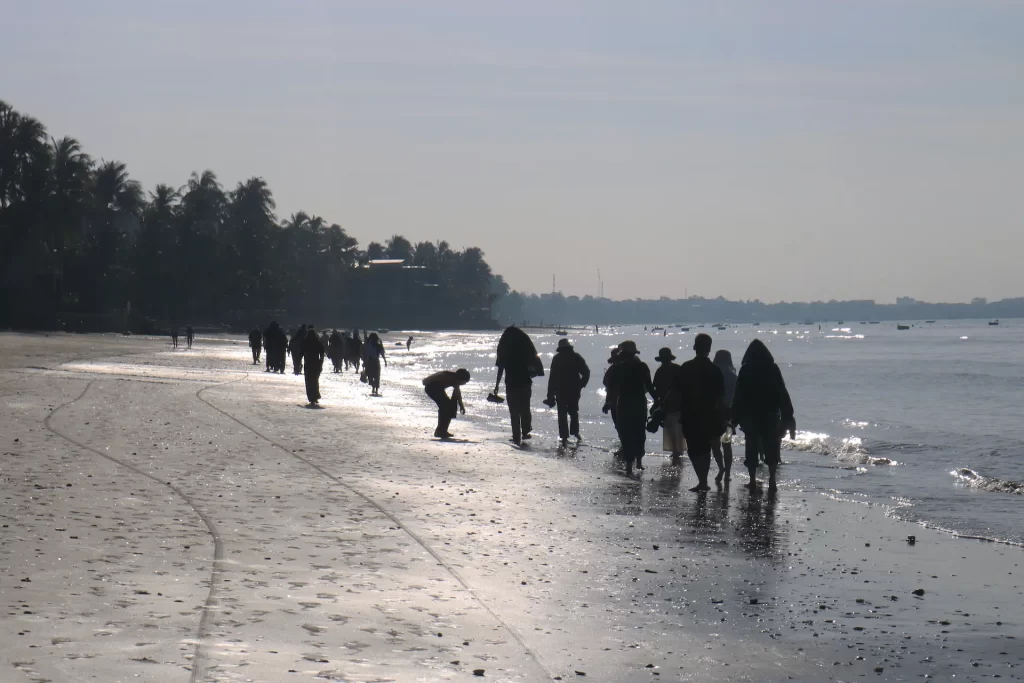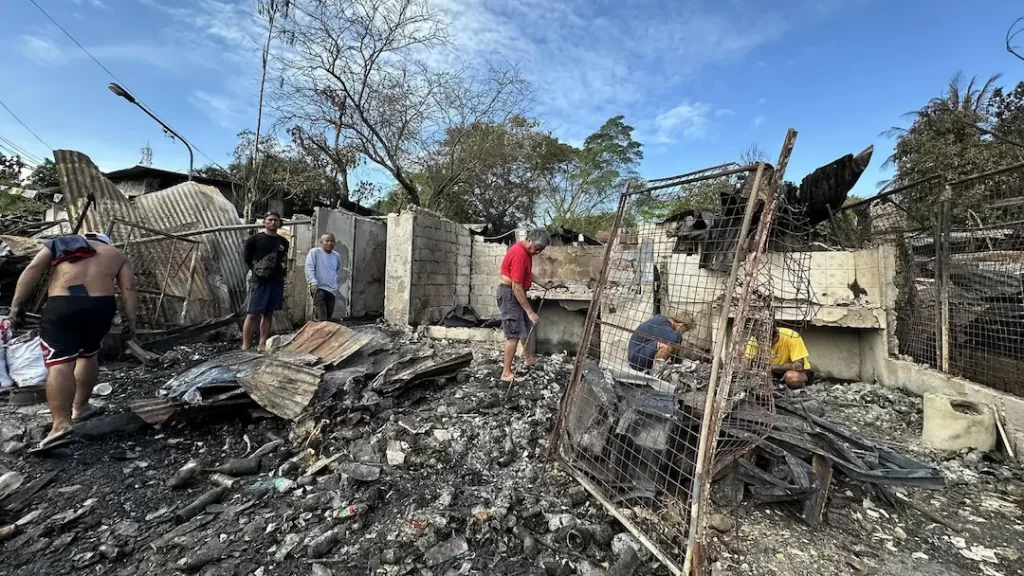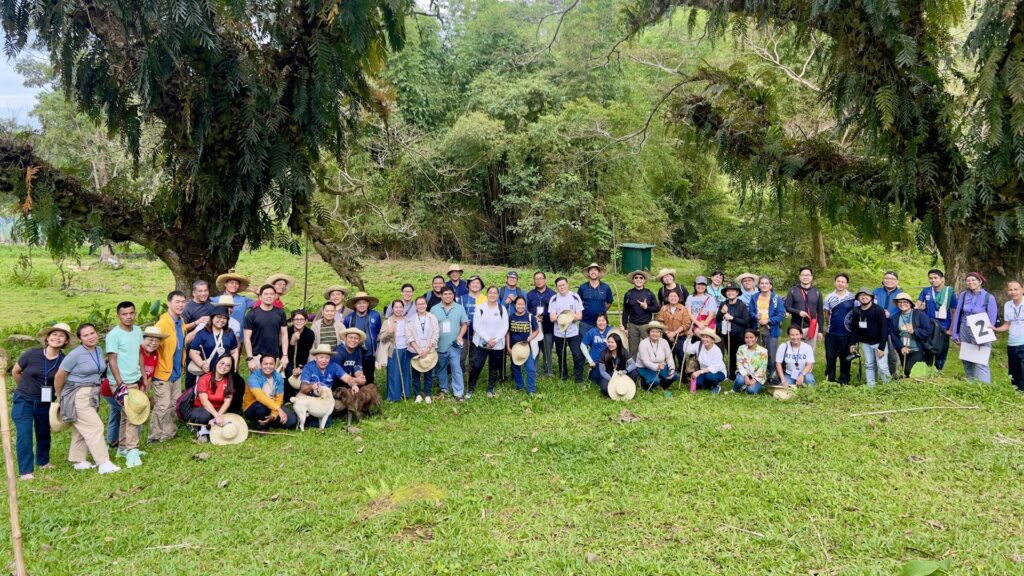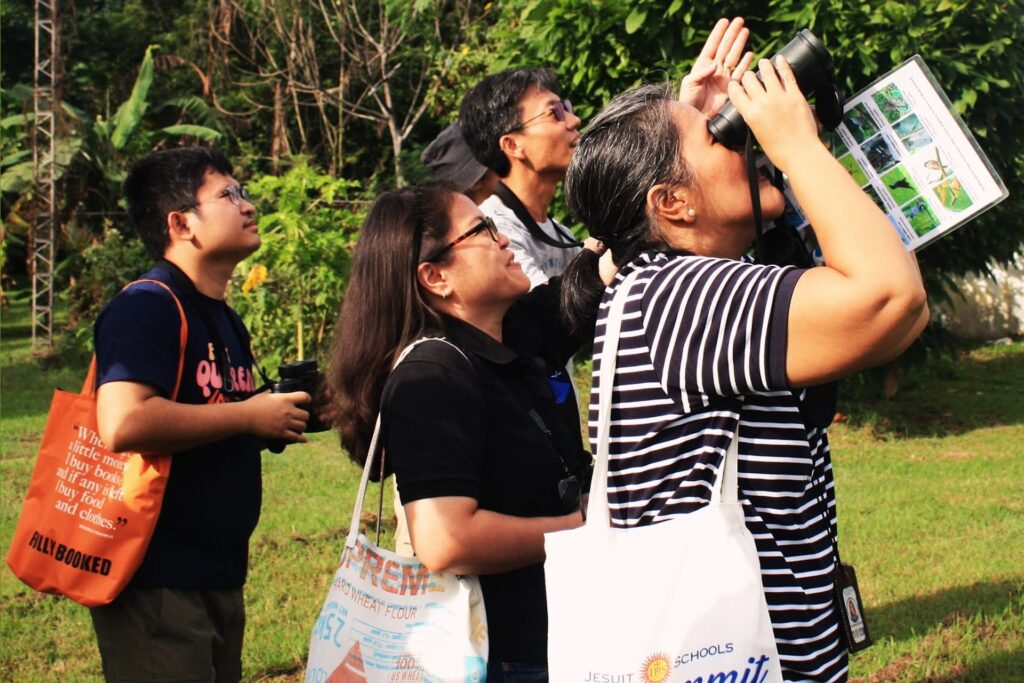Jesuit Social Services CEO Julie Edwards recently spoke to Catholic Health Australia about leadership in the context of a Catholic service. She addresses the elements required to enable leadership to flourish, in particular the approach to decision-making at critical moments to ensure witness to the mission remains authentic.
Julie also speaks of working in the Ignatian tradition, and the many gems in Ignatian Spirituality that are really useful to people. She mentions in particular starting from the foundation of gratitude, that everything is gift; and a call to our own change of heart, and a call to standing in solidarity, drawing very much on my mind and our heart, but always for action,
Catholic Health Australia is the largest single grouping of non-government health, aged and community services in Australia, including 75 hospitals and more than 500 aged care service providers.
To find out more about Jesuit Social Services, visit www.jss.org.au.

